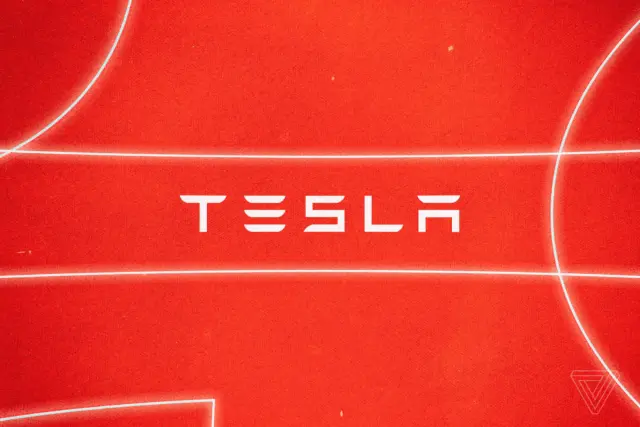
A recent study projects Tesla and BYD will face significant challenges in disrupting the Indian car market. The report indicates existing market dynamics and regulatory hurdles present substantial barriers to widespread adoption of these electric vehicle (EV) brands. The study, compiled from industry analysis and market data, suggests established domestic manufacturers maintain a strong hold. They possess established distribution networks and familiarity with local consumer preferences.
Indian consumers demonstrate a preference for affordable, compact vehicles. The price points of Tesla and BYD models, even with potential localized production, remain a concern. The existing charging infrastructure in India poses a further obstacle. Limited charging stations outside major urban centers restrict the practical range of EVs. This impacts consumer confidence.
Government policies, while promoting EV adoption, also present complexities. High import duties on completely built units (CBUs) increase the cost of imported vehicles. Local manufacturing is essential for competitive pricing. However, establishing manufacturing facilities requires substantial investment and navigation of complex regulatory processes.
Domestic manufacturers like Tata Motors and Mahindra have made significant strides in the EV segment. They offer more affordable EVs with features tailored to the Indian market. These companies possess established dealer networks and service centers across the country. This network provides a significant advantage in sales and after-sales support.
The study highlights the importance of understanding regional consumer preferences. Indian consumers prioritize fuel efficiency, low maintenance costs, and value for money. They also consider the availability of service and spare parts. Tesla and BYD must adapt to these preferences to gain market share.
The report also examines the role of government incentives. While incentives exist for EV purchases and manufacturing, their effectiveness varies across states. The consistency and predictability of these policies are crucial for attracting investment and fostering long-term growth.
Data from the Society of Indian Automobile Manufacturers (SIAM) indicates the dominance of small cars and SUVs in the Indian market. The sales figures reveal a strong preference for vehicles priced below 15 lakh rupees. Tesla and BYD currently operate in higher price segments.
The availability of financing options also plays a crucial role. Indian consumers often rely on vehicle loans. The accessibility and affordability of these loans influence purchasing decisions. Domestic manufacturers have established relationships with financial institutions. This facilitates easier access to financing for their customers.
The study points to the growing popularity of hybrid vehicles in India. Hybrid vehicles offer a balance between fuel efficiency and range. They provide a practical alternative for consumers concerned about the limited charging infrastructure.
The Indian automotive sector is characterized by intense competition. Numerous domestic and international players compete for market share. This competitive environment makes it difficult for new entrants to gain a foothold.
The study notes the importance of localized production. This helps reduce costs and enables manufacturers to tailor their products to local preferences. However, establishing a robust local supply chain takes time and investment.
The report emphasizes the need for Tesla and BYD to invest in building a strong brand presence in India. This includes establishing dealerships, service centers, and charging infrastructure. It also involves engaging in marketing and advertising campaigns to educate consumers about the benefits of EVs.
The Indian market’s unique requirements, including road conditions and traffic patterns, necessitate specific vehicle adaptations. Manufacturers must consider these factors in their product development.
The study concludes that while Tesla and BYD have the potential to contribute to the growth of the Indian EV market, they face significant challenges. The success of these brands depends on their ability to adapt to local conditions and overcome regulatory hurdles.


















